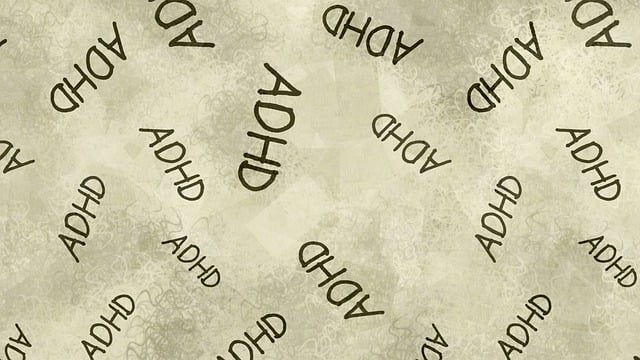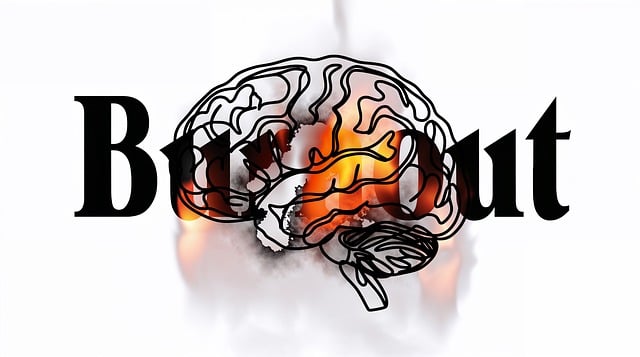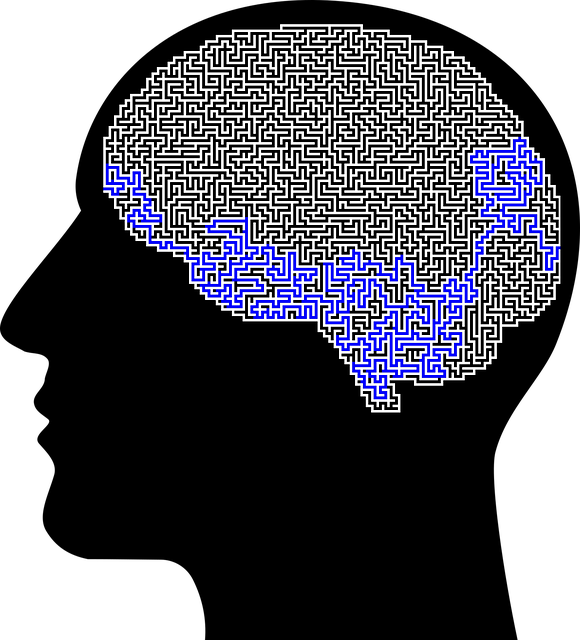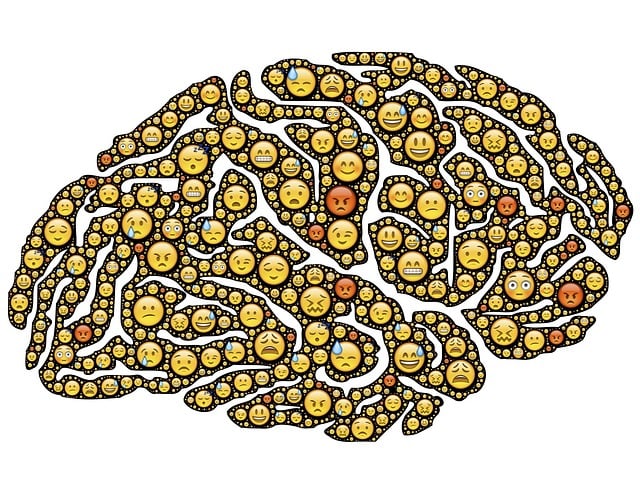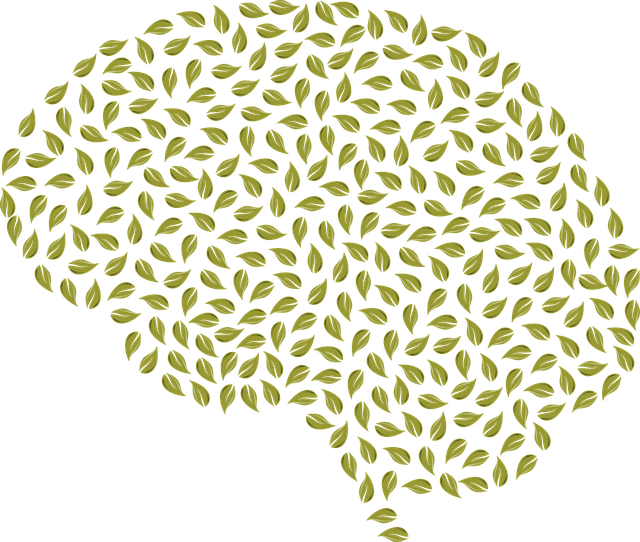In today's healthcare landscape, cultural competency is essential, especially at centers like Westminster Sexual Abuse Survivor Therapy (WSAST), where patients have diverse backgrounds and sensitive experiences. Emotional intelligence is key to delivering equitable care and supporting survivors' therapy journeys. By integrating cultural competency training, stress management workshops, and mindfulness meditation, healthcare providers can bridge cultural gaps, improve patient outcomes, and enhance satisfaction for trauma survivors. WSAST, a pioneering program addressing sexual abuse survivors' unique needs, combines Crisis Intervention, Risk Assessment, and holistic healing methods to offer a safe haven for recovery, setting a benchmark for effective, culturally sensitive therapy.
Healthcare provider cultural competency training is an evolving necessity, especially in diverse societies. Understanding and addressing cultural barriers in healthcare is crucial for improving patient outcomes and fostering trust. This article explores these topics through two key lenses: the significance of cultural competency in healthcare and a successful case study, Westminster Sexual Abuse Survivor Therapy. We also delve into designing effective training programs and discuss the profound impact of unaddressed cultural barriers in therapy settings.
- Understanding Cultural Competency in Healthcare: A Necessary Approach
- The Impact of Unaddressed Cultural Barriers in Therapy Settings
- Designing Effective Training Programs for Healthcare Providers
- Case Study: Westminster Sexual Abuse Survivor Therapy – A Model for Success
Understanding Cultural Competency in Healthcare: A Necessary Approach

In today’s diverse healthcare landscape, cultural competency is no longer an option but a necessity. It involves understanding and respecting the unique cultural backgrounds, beliefs, and values of every patient, ensuring that care is delivered equitably and effectively. This is especially crucial in addressing sensitive issues such as sexual abuse and its aftermath, as experienced by survivors seeking therapy at Westminster Sexual Abuse Survivor Therapy centers. By integrating cultural competency training, healthcare providers can foster a more inclusive environment, improving patient outcomes and satisfaction.
Emotional intelligence plays a pivotal role in this process, enabling providers to recognize and navigate emotional triggers while offering tailored support. Techniques for mood management and emotional well-being promotion are essential tools in cultural competent care. These skills not only enhance the therapeutic relationship but also ensure that survivors feel heard, validated, and supported throughout their healing journey.
The Impact of Unaddressed Cultural Barriers in Therapy Settings

Unaddressed cultural barriers in therapy settings can significantly impact the effectiveness of treatment and the overall well-being of patients, especially those who have experienced sexual abuse like survivors of Westminster Sexual Abuse Survivor Therapy. Cultural sensitivity in mental healthcare practice is crucial as it recognizes and respects diverse beliefs, values, and behaviors. These barriers can manifest as communication gaps, misaligned treatment approaches, or even implicit biases that hinder the therapeutic relationship. For instance, language differences may lead to misunderstandings, while cultural norms might influence how individuals express emotions or seek help, requiring therapists to adapt their practices accordingly.
When left unaddressed, these cultural disparities can exacerbate existing mental health issues like depression prevention and contribute to poor treatment outcomes. Stress management workshops organized by institutions focusing on cultural sensitivity in mental healthcare practice can empower both patients and providers. By fostering an environment of understanding, these initiatives aim to bridge the gap between diverse cultures and mental healthcare services, ultimately promoting more inclusive and effective therapy for all individuals, regardless of their background.
Designing Effective Training Programs for Healthcare Providers

Designing effective training programs for healthcare providers involves a nuanced approach that goes beyond surface-level knowledge transfer. It’s crucial to create immersive experiences that reflect real-world scenarios, especially in specialized areas like Westminster Sexual Abuse Survivor Therapy. Incorporating interactive workshops, case studies, and role-playing exercises allows professionals to practice essential skills such as active listening, empathy, and trauma-informed care. These methods ensure that providers not only understand the theoretical aspects but also develop the social skills necessary to connect with diverse patient populations.
Furthermore, integrating evidence-based practices like Mindfulness Meditation can enhance cultural competency. Regular training sessions focused on self-awareness and stress management enable healthcare workers to maintain composure in challenging situations, thereby improving their interactions with patients from different backgrounds. Community Outreach Program Implementation plays a pivotal role here by exposing providers to various cultural contexts, fostering an environment where social skills training can flourish. This holistic approach ensures that healthcare providers are well-equipped to deliver compassionate and culturally sensitive care.
Case Study: Westminster Sexual Abuse Survivor Therapy – A Model for Success

Westminster Sexual Abuse Survivor Therapy (WSAST) stands as a shining example of cultural competency training in action. This innovative program, tailored for survivors of sexual abuse, has successfully addressed critical gaps in traditional therapy approaches. By prioritizing the unique needs and challenges faced by this vulnerable population, WSAST offers a safe space where survivors can begin their journey to healing.
The program’s success lies in its comprehensive approach, integrating Crisis Intervention Guidance with specialized Risk Assessment for Mental Health Professionals. WSAST goes beyond treating symptoms; it empowers survivors through self-esteem improvement strategies, ensuring they regain control over their lives. This holistic model has proven effective in fostering resilience and promoting long-term recovery among participants, setting a benchmark for cultural competency training in healthcare provider education.
Cultural competency training is no longer a choice but an essential requirement in healthcare. By addressing cultural barriers, as highlighted by the success of Westminster Sexual Abuse Survivor Therapy, we can significantly improve patient outcomes and create more inclusive therapeutic environments. Effective training programs should incorporate diverse perspectives and real-world case studies to ensure healthcare providers are equipped to navigate complex cultural nuances. This holistic approach not only enhances patient care but also fosters a more compassionate and responsive healthcare system.

